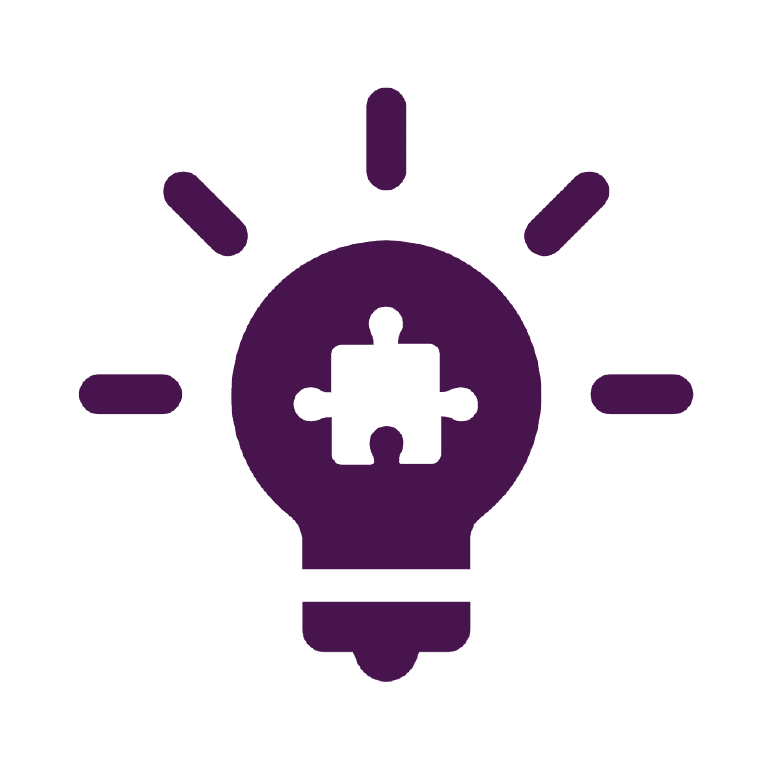

The Challenge
One of the top telecommunication companies in the world is pursuing an ambitious corporate strategy that entails a digital transformation of its entire operations, expanding its service offerings, and exploiting new business opportunities to become a global reference point and leader within its industry. However, they quickly came across several KM-related issues that impeded the progress they sought to make:
- Their tens of thousands of employees were not able to efficiently or effectively collaborate across functional areas;
- Working-level staff relied heavily on their immediate supervisors to provide them with the information they needed to accomplish their responsibilities;
- Conversely, middle management spent too much time gathering, validating, and delivering information to their staff instead of focusing on making decisions and higher-value activities; and
- Project teams experienced difficulty in leveraging the experience and lessons learned as part of previous work.

The Solution
EK conducted a multi month enterprise-wide effort to assess the company’s current KM maturity and elaborate a vision for future KM capabilities and practices. Having achieved a comprehensive view of the company through the discovery and analysis activities, EK designed a KM strategy and roadmap to guide the company to increase its KM maturity over a 3 year period. In addition, EK developed a detailed KM Platform Business Case and Prioritized Backlog of KM features to support the company’s ambition to select and implement new technology to modernize its KM ecosystem.
The strategy and roadmap set forth recommendations along several categories:
- Enterprise-wide workstreams and activities, consisting of several months-long efforts to stand up new KM structures and practices;
- Enterprise-wide pilot activities, meant to quickly implement KM solutions, demonstrate their value, and replicate across several teams in multiple iterations;
- Division-wide pilot activities, targeted to address the specific KM pain points experienced by their staff; and
- Technical KM enhancements to improve the use of existing technology and introduce new solutions to support the organization’s KM efforts and needs. In support of the technology recommendations, EK developed a proof of concept to demonstrate the features and benefits of a knowledge base integrated with a semantic solution and a search engine.

The EK Difference
EK established a close partnership with the KM team, working together to engage senior executives, mid-level management, subject matter experts, and staff across all of the company’s business sectors. This approach allowed EK to listen to a variety of voices across the organization and gain a deep understanding of the business drivers behind KM, identify the specific needs of each functional area and how they may benefit from better KM practices, and to learn how the staff currently leverages technology provided by the company. Importantly, EK was able to surface and anticipate potential obstacles to change and the resources that the company would be able to leverage to influence positive KM outcomes.
EK also aligned with the technology sector to gain understanding of the company’s technology ecosystem and determine which resources and systems were already being leveraged to support KM efforts. This was important to reduce the risk of imposing unnecessary new technologies on the company.
Finally, EK took care to provide clear guidance and transfer critical knowledge and expertise to the company’s emerging KM team. We established touchpoints after each milestone to explain our approach, the rationale behind any recommendations, and clarify any doubts. However, EK maintained open communication channels throughout the project to provide continuous coaching on how to address KM challenges, and communicating to senior executives and other stakeholders, so that KM would get buy-in across a wide audience.

The Results
The complete set of recommendations were accepted by executive sponsors and the company continues to work with EK to expand the KM team and its capabilities, and implement solutions based on the recommendations set forth by EK. Moreover, and given EK’s coaching, the company’s KM team positioned themselves as credible and capable partners to the rest of the organization, gaining accolades and recognition from their executive sponsors.
In conclusion, the recommended solutions will support the company in:
- Putting in place tools, processes, and incentives to encourage the creation and dissemination of digital knowledge assets;
- Designating repositories where information and data can be securely stored so staff can have easy access to them;
- Continuously improving its operations to preserve and leverage its institutional knowledge and experience;
- Providing new tools, spaces, and opportunities for staff to share knowledge, experience, and best practices;
- Maintaining consistency in interactions with customers and improving the quality of service by enabling frontline staff to find high quality resources in the form of documentation, guides, and data;
- Seamlessly connecting multiple systems across the enterprise using AI and semantic solutions to extract value from data about consumers and the company’s services;
- Providing high quality data that is immediately available for analyses and faster decision-making;
- Enabling experts and teams to connect, collaborate, and create synergies using new platforms; and
- Utilizing improved communication platforms to allow ideas to surface more easily and drive innovation.
